
Introduction
Plastic is all around us. Most of us use it every day. It’s a really useful material that has transformed all our lives, but unfortunately our used plastic is getting into the ocean. It can end up causing all sorts of problems for sea life and marine mammals. But how does our plastic waste end up littering the ocean?
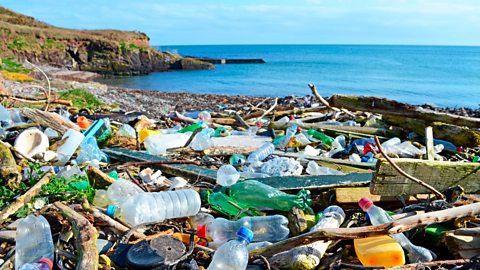
Plastic waste can last for hundreds of years. By working together and doing our bit, we all have an important role to play in reducing this plastic problem.
Did you know?
Even if you live hundreds of miles away from the sea, the plastic you use can still make its way into the ocean. As much as 80% of the plastic in our seas comes from land sources. What does this mean? The plastic is not necessarily thrown directly into the sea, but it still ends up there.
How does this happen?
Rubbish bins
Plastic rubbish is really light and it can be blown off landfill sites or rubbish bins, it then enters drains and rivers and makes its way to the ocean.
Littering
Plastic litter dropped on the street doesn’t stay there. Rain and wind can carry plastic waste into streams and rivers or into the drains – from there it travels to the ocean.
Flushing the toilet
Some plastic products, like cotton buds, are often flushed down the toilet and find their way to the sea. However, these products don’t break down in water and should not be flushed down the toilet.
Washing machines
Even washing our clothes can release tiny microfibresMicroscopic pieces of plastic that are used to make synthetic fabrics like polyester. of plastic from fabrics that can easily be washed down the drain to the sea.
Properties of plastic
How would you describe a plastic food wrapper?
It’s strong, durable, lightweight and waterproof. That’s exactly why it’s the perfect material for protecting our food. But, those properties are also what makes it an issue for the environment.
Plastic is designed to last a really long time. It is not biodegradableItems that can be broken down, usually by bacteria, fungi or microbes. They are reabsorbed into the surrounding environment. Items like food and plants are biodegradable.. That means it can’t decompose or rot away.
Impact
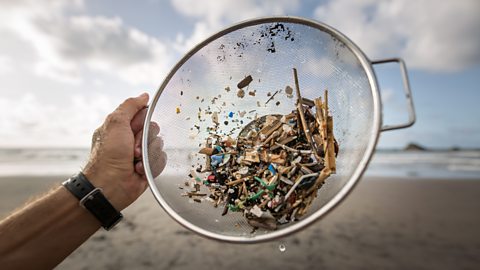
Once the plastic makes its way to the sea it decomposes really slowly. The process can take more than 400 years. The plastic breaks down into tiny particles that can be incredibly damaging to all sorts of sea life. These tiny particles are called microplasticsTiny pieces of plastic that are less than 5 millimetres in width. They are a major cause of ocean pollution.. They can be so small that you often need a microscope to see them.
Video: A paddleboarder cleans up small beaches in Anglesey
Paddleboarder Sian Sykes shows how we can reduce the impact of plastics on our oceans.
How does plastic enter the food chain?
The plankton digests the microplastic, fish eat the plankton and we eat the fish.
How does plastic in the ocean impact wildlife?
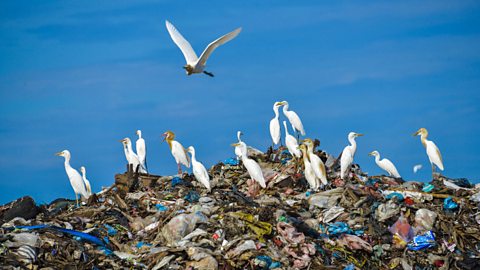
Image caption, Birds eat plastic and are often found with their tummies full of it.
Image caption, Plastic bags can be mistaken for jellyfish and eaten by turtles.
Image caption, Bits of plastic can get stuck in coral reefs and have a negative effect on the health of the reef.
Image caption, Plankton can consume microplastic and this can pass the problem back up the food chain and into the food we eat.
1 of 4
Top tips
Bring your own bags to the shop
In Wales people now pay for every plastic carrier bag. This has resulted in an 80% reduction of the number of plastic carrier bags used.
Cut down on single-use plastics
In March 2020 the Welsh Government announced that they would move to ban single-use, hard to recycle and commonly littered plastics.
How can I help?
- Spread the word - drains lead to the ocean.
- Always put your litter in a bin and recycle.
- Lots of children are campaigning in their schools and communities, and some are even painting the drains.
Big changes start with small steps. What will you do to start cutting the plastic in your life?
Quiz: What happens when plastics get into the ocean?

Where next?
Can lobster fishing be sustainable?
How has fishing changed in Wales and how does this affect the food chain?
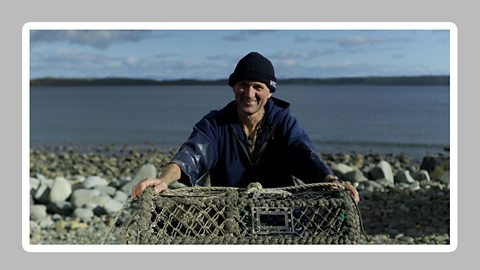
How can we clean up ocean plastics?
Tonnes of plastic waste is discarded into the oceans each year. What can we do to tackle this problem?
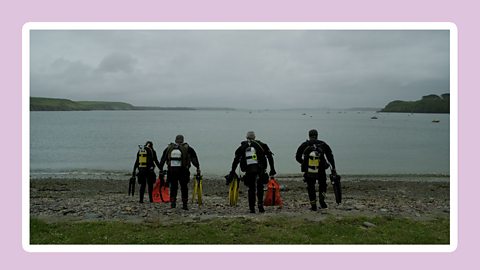
KS2 Sustainability
A collection of lessons for pupils aged 7 to 11
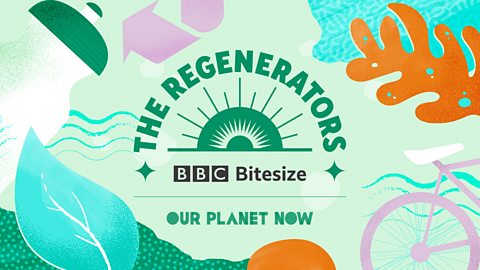
More on Waste and pollution
Find out more by working through a topic
- count2 of 2
